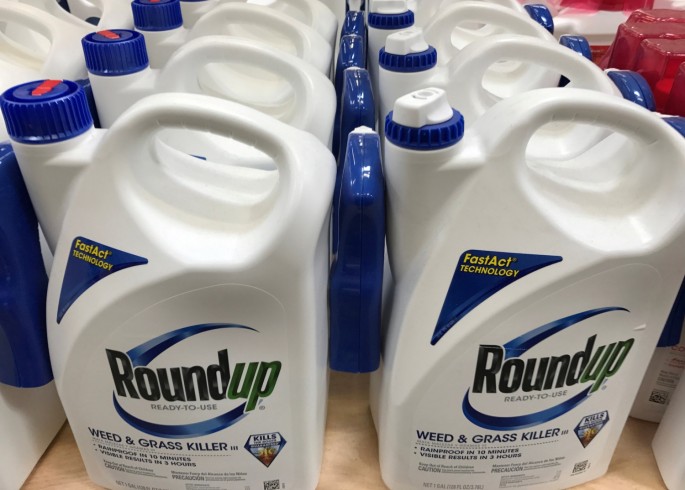A federal appeals court on Friday upheld a $25 million judgment and trial verdict finding Bayer's Roundup caused a California resident's non-Hodgkin lymphoma, dealing a blow to the chemical company's hopes of limiting its legal risk over the weed-killer.
The 9th U.S. Circuit Court of Appeals in San Francisco rejected Bayer's argument that lawsuits like Edwin Hardeman's never should go to trial because federal pesticide laws barred allegations that the company failed to warn of Roundup's cancer risks.
"It's a slam dunk for plaintiffs," said Leslie Brueckner, an attorney with Public Justice who helped with Hardeman's appeal. "This proves these claims are viable in the tort system."
Bayer did not immediately respond to a request for comment.
A jury in 2019 awarded Hardeman $5 million in compensatory damages and $75 million in punitive damages in the first federal case to have gone to trial. The punitive award was later cut to $20 million and the appeals court also upheld the reduction.
Friday's ruling was the first by a federal appeals court in a case linking Roundup and cancer and Bayer had said the case had the potential to "shape how every subsequent Roundup case is litigated."
Bayer has said that decades of studies have shown Roundup and other glyphosate-based herbicides that dominate the market are safe for human use.
The company has argued that glyphosate was approved by the Environmental Protection Agency as safe for humans and that regulators prevented Bayer from adding a warning to the product's label.
But the company has spent years trying to contain the litigation.
Bayer has committed $9.6 billion to settle 125,000 claims over Roundup.
It also wants to resolve potential legal claims of millions of consumers and farm workers who have been exposed to Roundup and might get sick in the future.
On Wednesday it will seek preliminary approval for a controversial $2 billion proposed deal to resolve those future claims through a class action that would group those exposed to Roundup but who haven't gotten sick.
Personal injury attorneys and consumer groups have opposed the plan, which they say limits the rights of Roundup users to sue.
Brueckner said Friday's ruling undermined one argument for the class action settlement, which was that Bayer might prevail in federal appeals courts.
"The timing couldn't be more perfect," said Brueckner, referring to Wednesday's hearing on the class action agreement. "I doubt it was accidental."
Elizabeth Cabraser, the class action attorney who negotiated the class action agreement, said she was pleased with Friday's ruling.
Proponents of the class action agreement argued that it provides consumers free medical exams to monitor their health. If consumers were diagnosed with non-Hodgkin lymphoma, they could receive compensation worth up to $200,000 and free legal advice to assess their options.
The deal also pauses litigation against Bayer for four years and if someone rejected the compensation and sued, they could not seek punitive damages.
"The more verdicts against Bayer, the more pressure there is on the company to pull Roundup from the market or agree to a more generous settlement," said David Noll, a professor with Rutgers Law School.



























